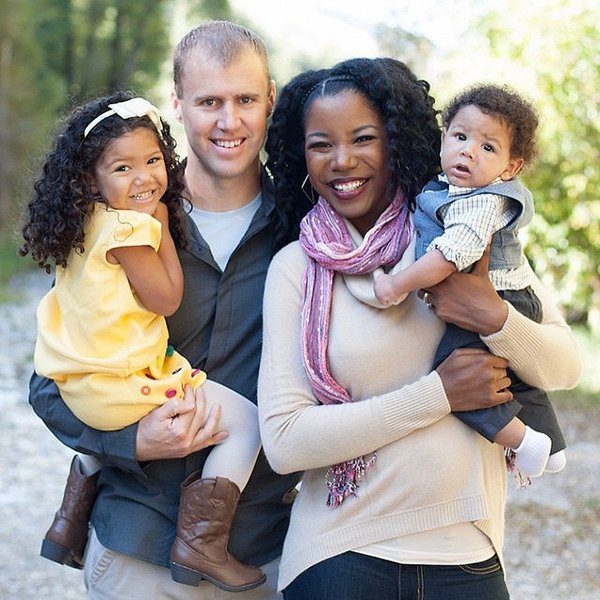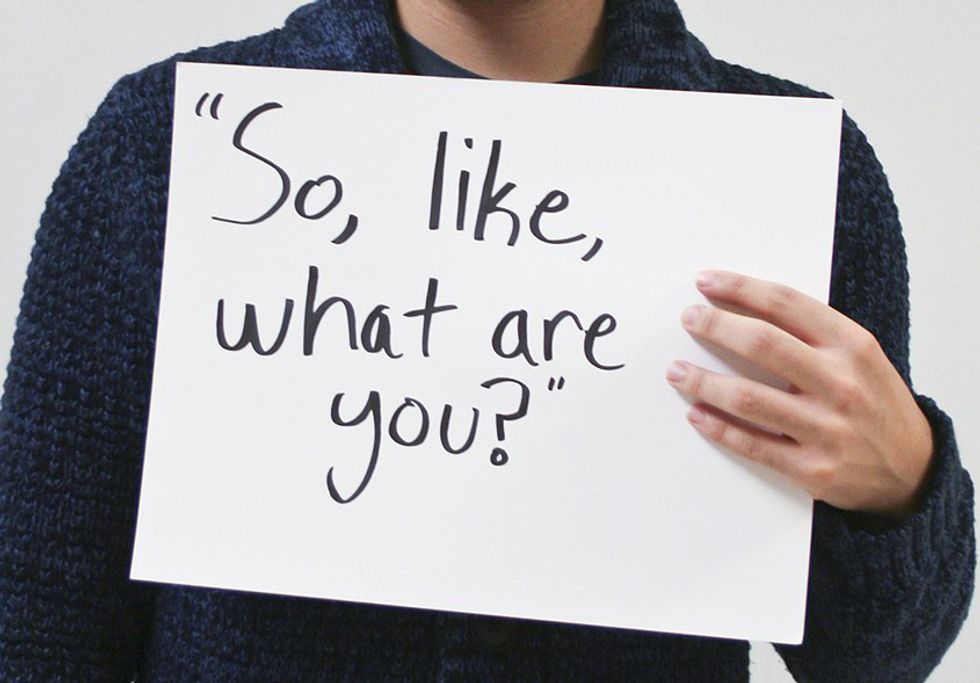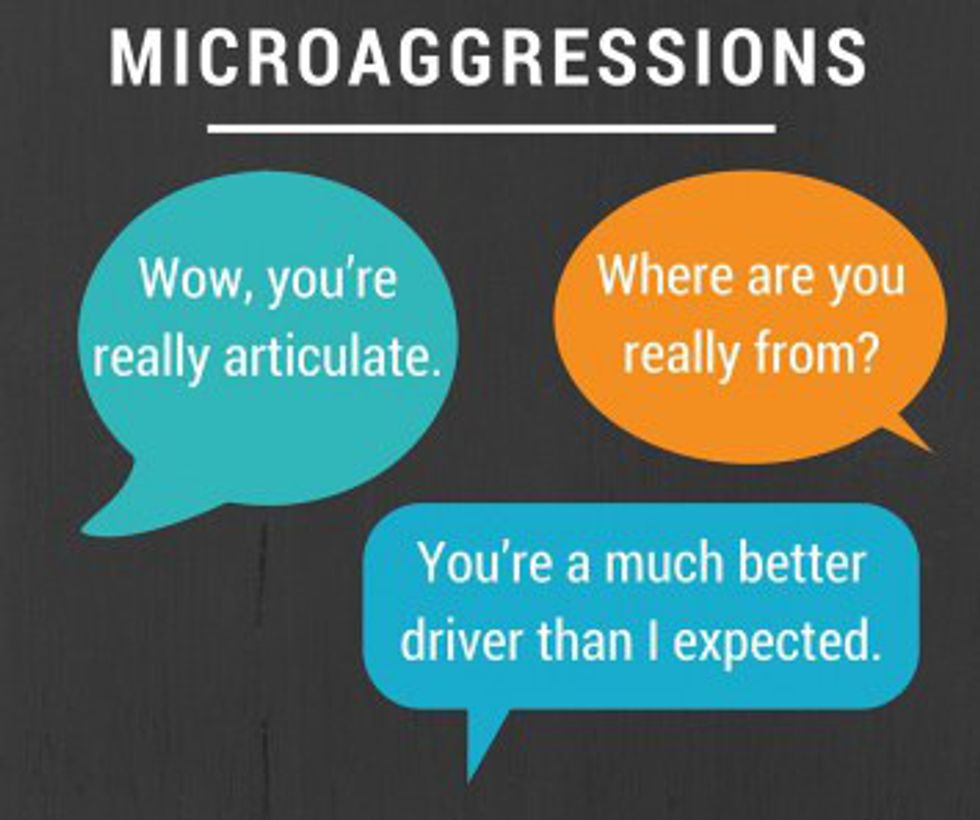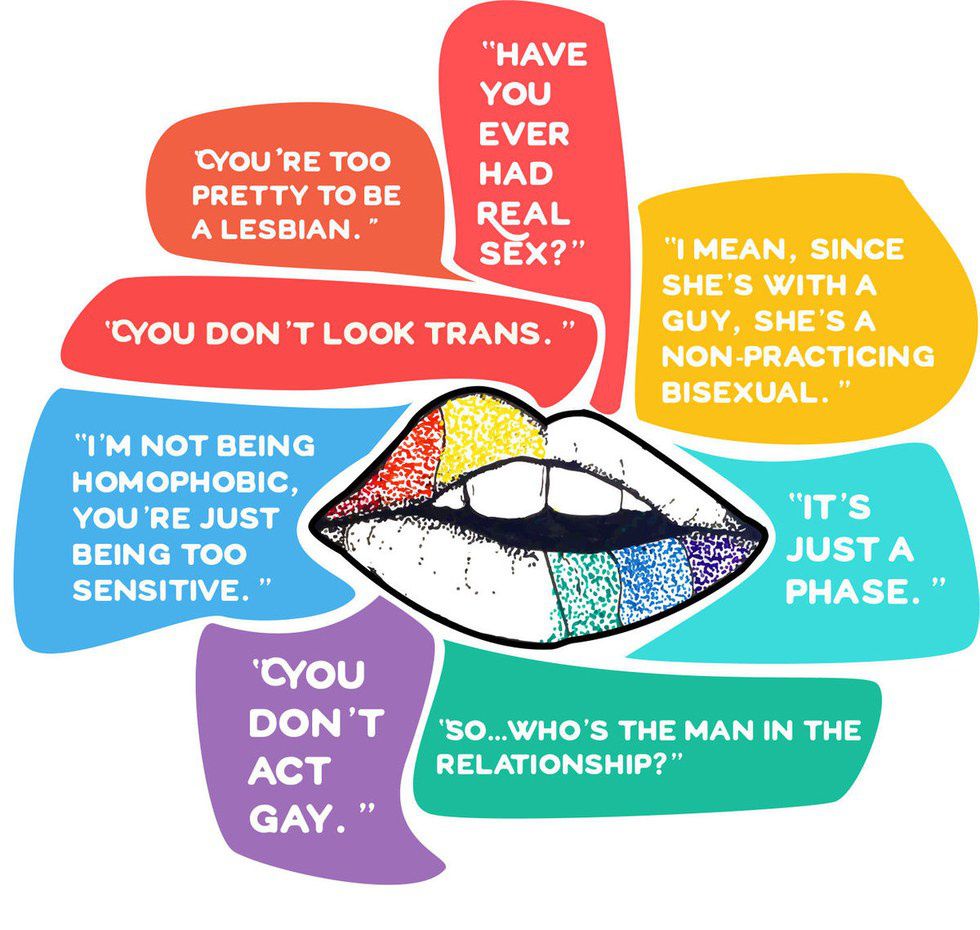Microaggressions. They are the little backhanded compliments, unconscious insults, and inadvertent dismissals that collectively have brushed off the biased undertone of society. In a century of "political correctness" and trying to be more conscious of other people's identities and feelings, we are not quite there yet. As a recent addition to dictionary.com, the term is still relatively new, and to be frank, not many people know that there is a word for this type of offense. Microaggression is defined as "a subtle but offensive comment or action directed at a minority or other non-dominant group that is often unintentional or unconsciously reinforces a stereotype." Being born and raised as both a racial minority and a female, I have gotten a lot of these in my life. Starting from "Wow, you're so pretty for an Indian girl!" to "As a girl, you don't throw that badly," I have come across these comments in school and my workplace, two exact places where I shouldn't.
The thing is, some of them are so casual that they slip away from me. Sometimes I'll be talking with my coworkers and friends in what seems a harmless conversation, and only after, realize the severity of the situation. The other day, I was discussing with my coworkers about my ethnicity; a common misconception about my identity is that I'm Indian. 19 years later, I drill out my well-practiced verse.
"I'm actually Bengali, and my parents are from Bangladesh."
"Whoa, wait where?"
I repeat myself.
"Wow...well, I'm definitely not going to remember that tomorrow."
In all likelihood, my coworker meant no offense. My question is: why is it okay to dismiss my ethnicity like is it not of any importance? My identity? The truth is, a part of me believes that if they were dealing with another country, such as France, their answer may have been different. Yet, I never called my coworker out on it, not wanting to make her uncomfortable. Yet, it makes me uncomfortable too. This is one of those questions that keeps me up at night, and my unspoken better response haunts me. And there has been plentiful more; people questioning my religion while assuming I am Muslim, just because I am from Bangladesh (I am actually the 10% that of the population that is not). I have witnessed a friend getting credit for his basketball skills just because of his African American race. I have heard stories of my school tennis team coach calling one of my friends an "Indian princess that will find her rich prince to marry," a disgusting combination of sexism and racism. My fellow Asian friends have heard "Go back to where you came from," an offensive term without any thought. While many of these people must have known what they were saying, they may not understand the severity, which is where the listeners and bystanders come in.
However offensive microaggressions were, I was still dismissive of them, because they were supposedly no big deal, and couldn't be specifically directed towards me. The older I got, the more I noticed the little things actually were more meaningful than I thought, but in the wrong ways. At this, I feel ashamed at my lack of responses and defenses for myself, and my friends. If these are such small transgressions, why can't we effectively shut them down so there isn't a continuous cycle being exercised at each other?
But microaggressions aren't just a debate of race and ethnicity; it also happens with gender and sexuality, disability and mental illness, and intersectionality (people who are marginalized in multiple different manners). While they are deceitfully subtle, they still carry enough weight to continue on racism, prejudice, sexism and ignorance. Unknowingly, maybe many of us are guilty of accidentally fueling this fire. While I am no angel, it is good to be aware what is coming out of our mouths. Nonetheless, there are also other ways to extinguish this problem. Everyone would like to believe that they would stand up in an downright insulting situation, but what about the obscure little ones that could pass by without thought? What about the innocent but still offensive questions and affronting compliments disguised in pretty packaging? In actuality, very few of us say anything even when we do recognize it, because of fear, timing, or not wanting to embarrass the other person. Every time we are hit with these casual microaggressions, we have choices: to inform or ignore, challenge or absolve. Perhaps it is too idealistic of me to think we can make these disappear overnight, but it is indeed a constant effort. It is our responsibility as a generation to bring about these changes, to make the necessary corrections, to refuse dismissals, and to be aware and inform when given the opportunity. If not given the chance, lest we can make our own opportunities to. Then, maybe one day, I can be pretty and throw well, period.






















